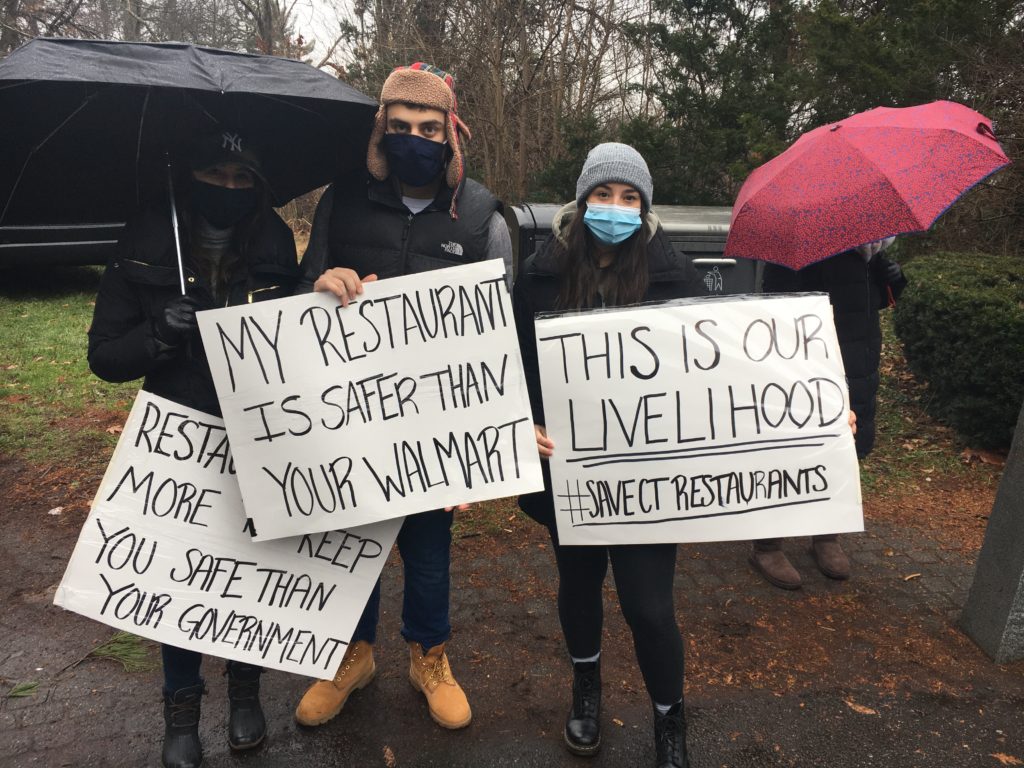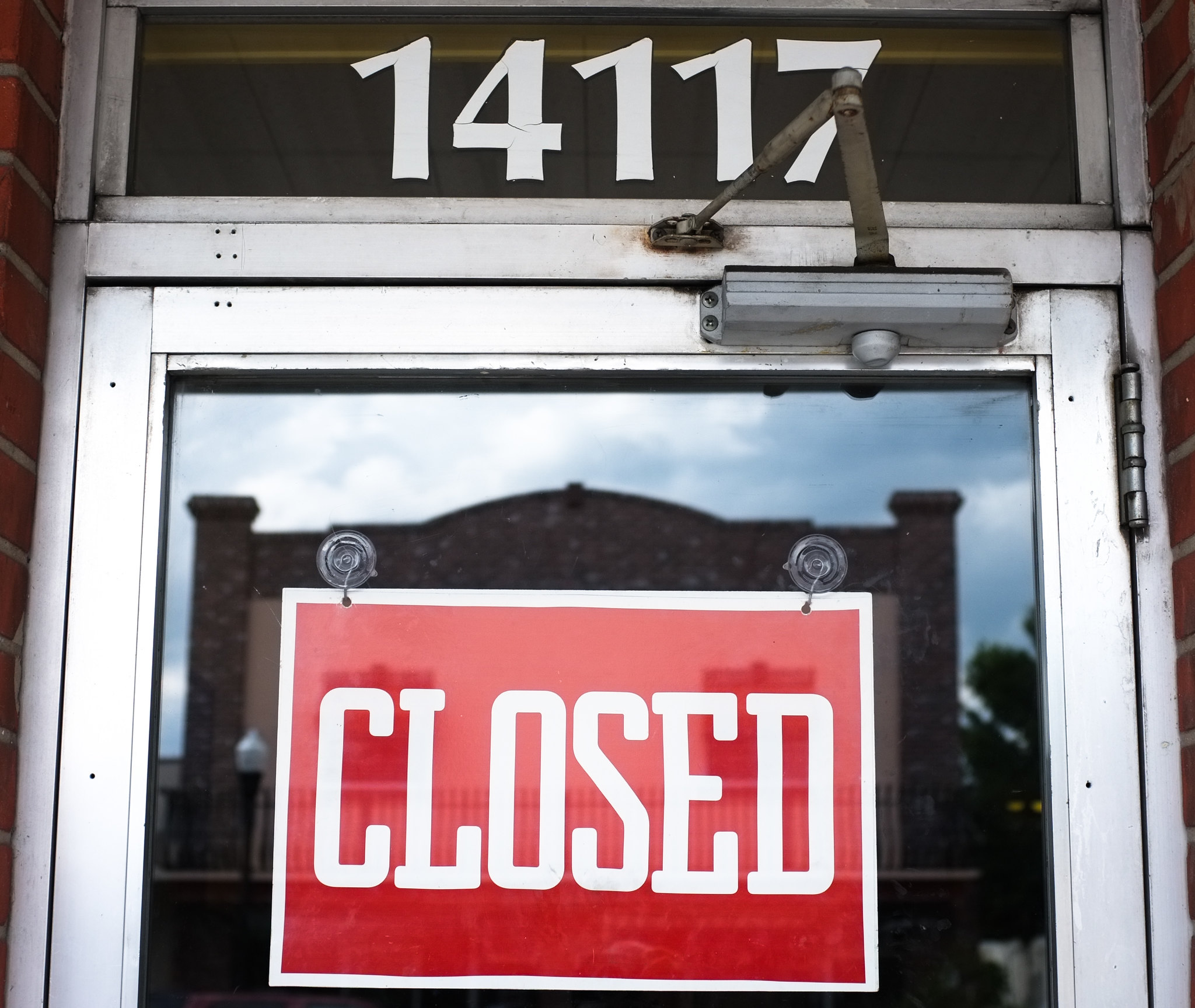Republicans from the House of Representatives held a press conference today outlining a plan for the state to provide relief for bars and restaurants that remain either closed or under strict capacity guidelines due to the pandemic.
House Republican Leader-elect Vincent Candelora, R-North Branford, said that while the COVID-19 vaccine is on the way that there has been little to no state relief for the bar and restaurant industry, which has been most dramatically affected by the pandemic shut down.
“We are looking to propose a grant program,” Candelora said, noting the grants would be between $5,000 and $25,000 for restaurants that don’t have take-out windows.
Rep. Holly Cheeseman, R-East Lyme, said that until the vaccine is widely distributed – which Gov. Ned Lamont’s administration estimates will not be until spring – Connecticut residents will likely continue to avoid restaurants out of concern.
The plan calls for establishing $50 million for targeted pandemic relief grants, year-long suspensions of liquor permitting fees and food licensing fees, delaying real and personal property tax payments and directing the Department of Economic and Community Development to create a low interest loan program.
The announcement comes just two days after restaurant workers held a small rally outside the Governor’s Mansion calling for relief for restaurants who are struggling under low sales and a limit of 50 percent indoor capacity, particularly during the holiday season.

Cheeseman said that this is “not a partisan issue,” and that members of the legislature are hearing from concerned businesses every day. The Connecticut Restaurant Association estimates that 600 restaurants have closed because of the shut down and slow business.
“By and large these businesses fortunate enough to remain open have followed the state’s often cumbersome guidelines every step of this journey, in many cases spending significantly to reinvent how they operate, only to find that their government hasn’t matched their effort,” Cheeseman said in a press release.
“The bars and restaurants on our main streets are critical to local economies, drawing people to our communities and nearby businesses while providing vital income for thousands of residents,” Candelora said. “They’re hanging on by a thread—taking action as early as possible in the legislative session could be critical to the survival of many of these businesses, most of them desperate for the state to take action that will show them that we’re partners in securing their future.”
The federal government launched the Paycheck Protection Program earlier in the year offering low-interest loans up to $1 million, but the funds were used up quickly by businesses. The DECD also offered $5,000 grants for businesses, but there weren’t enough funds to cover all the applicants.
Connecticut still has remaining funds from the federal CARES Act, but Gov. Ned Lamont has not yet indicated how those funds will be distributed. Republicans previously put forward a proposal to put those funds toward Connecticut’s unemployment trust fund to avoid unemployment tax increases.
Congress is currently debating a second stimulus package but the exact nature of the package and whether or not it will have aid for state and municipal governments remains a matter of contention.
“The livelihoods and futures of thousands of individuals are on the line, and as other states continue to take action, we’re looking forward to our newly-seated legislature not just reasserting itself as a governing body, but also moving quickly to fast-track issues tied to the recovery of our business community,” Candelora said. “The financial well-being of our state depends on it.”

